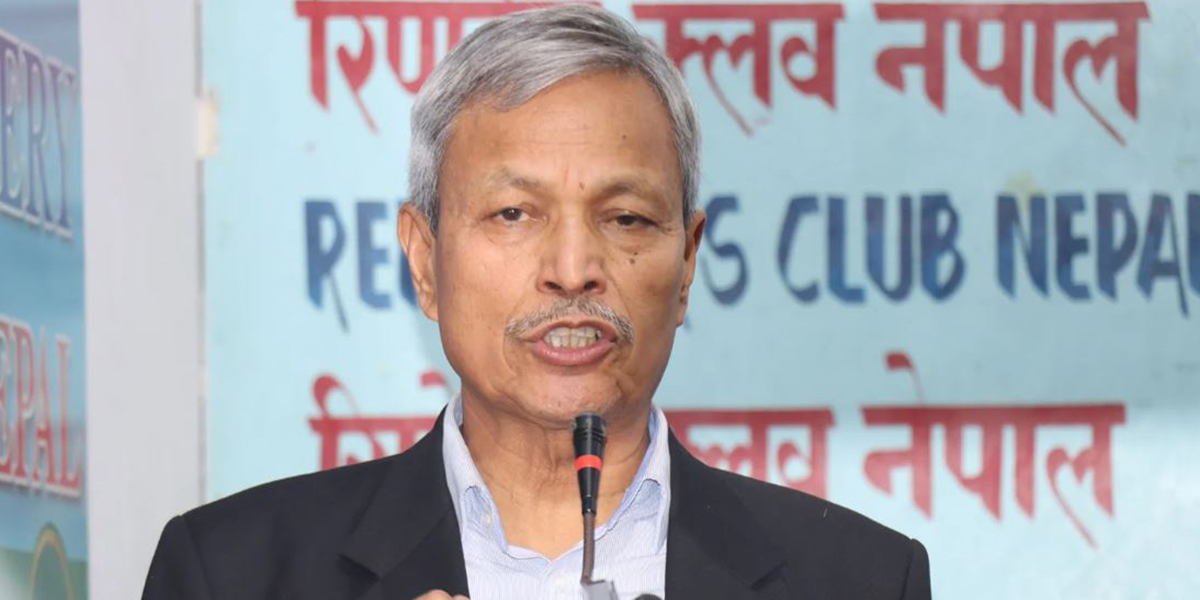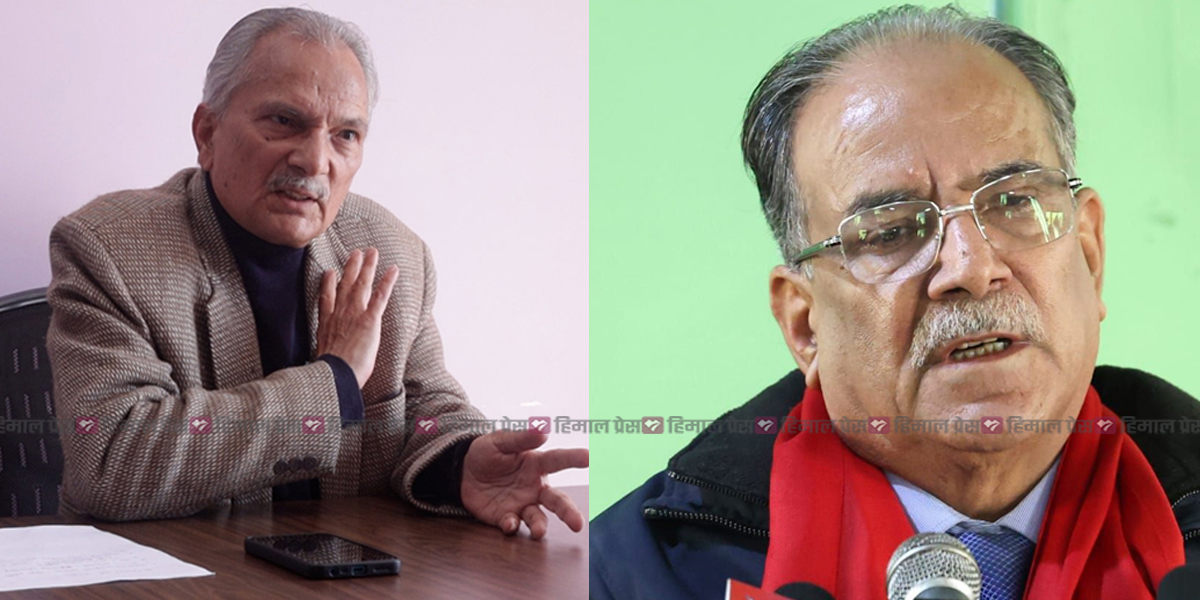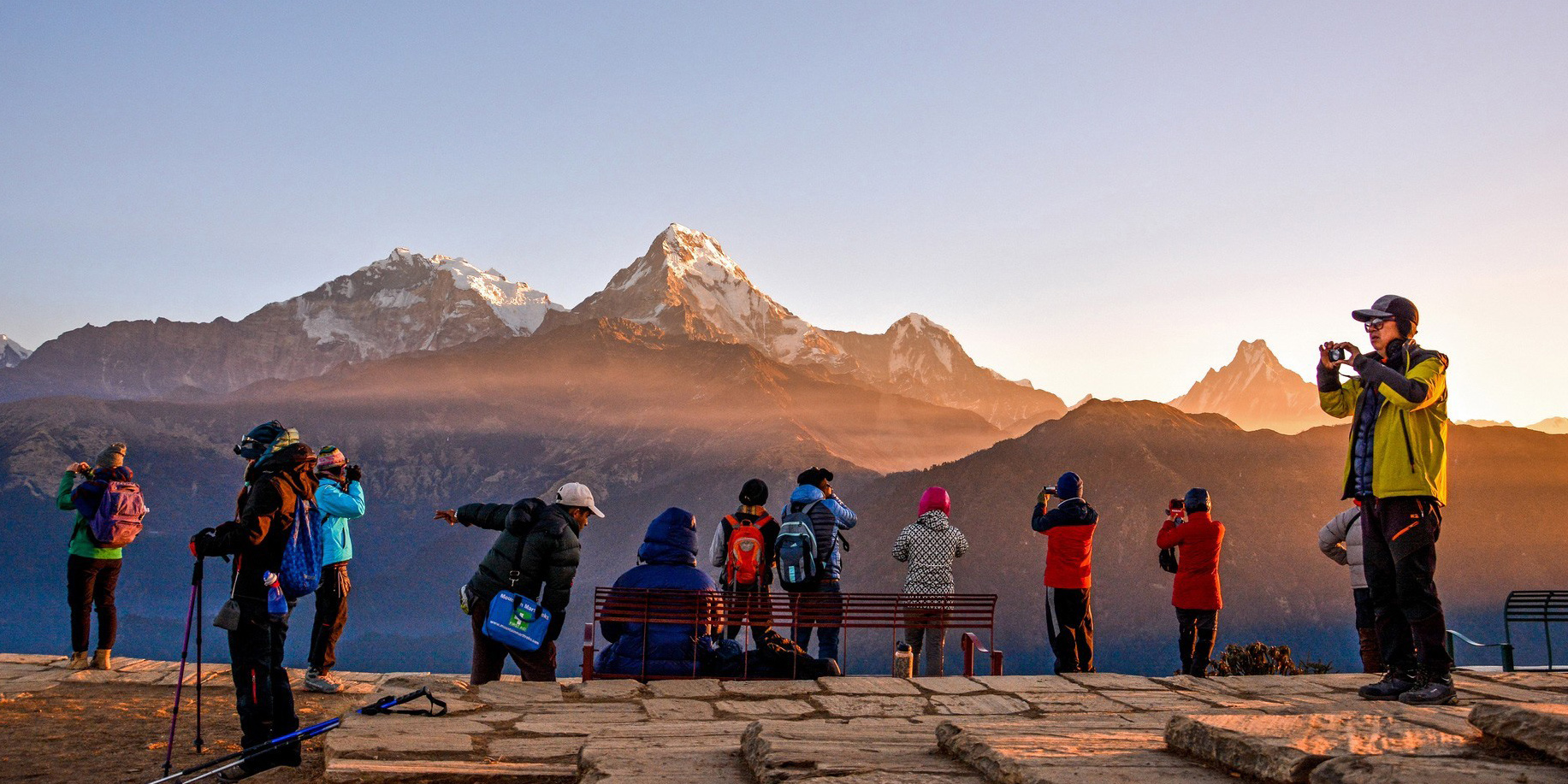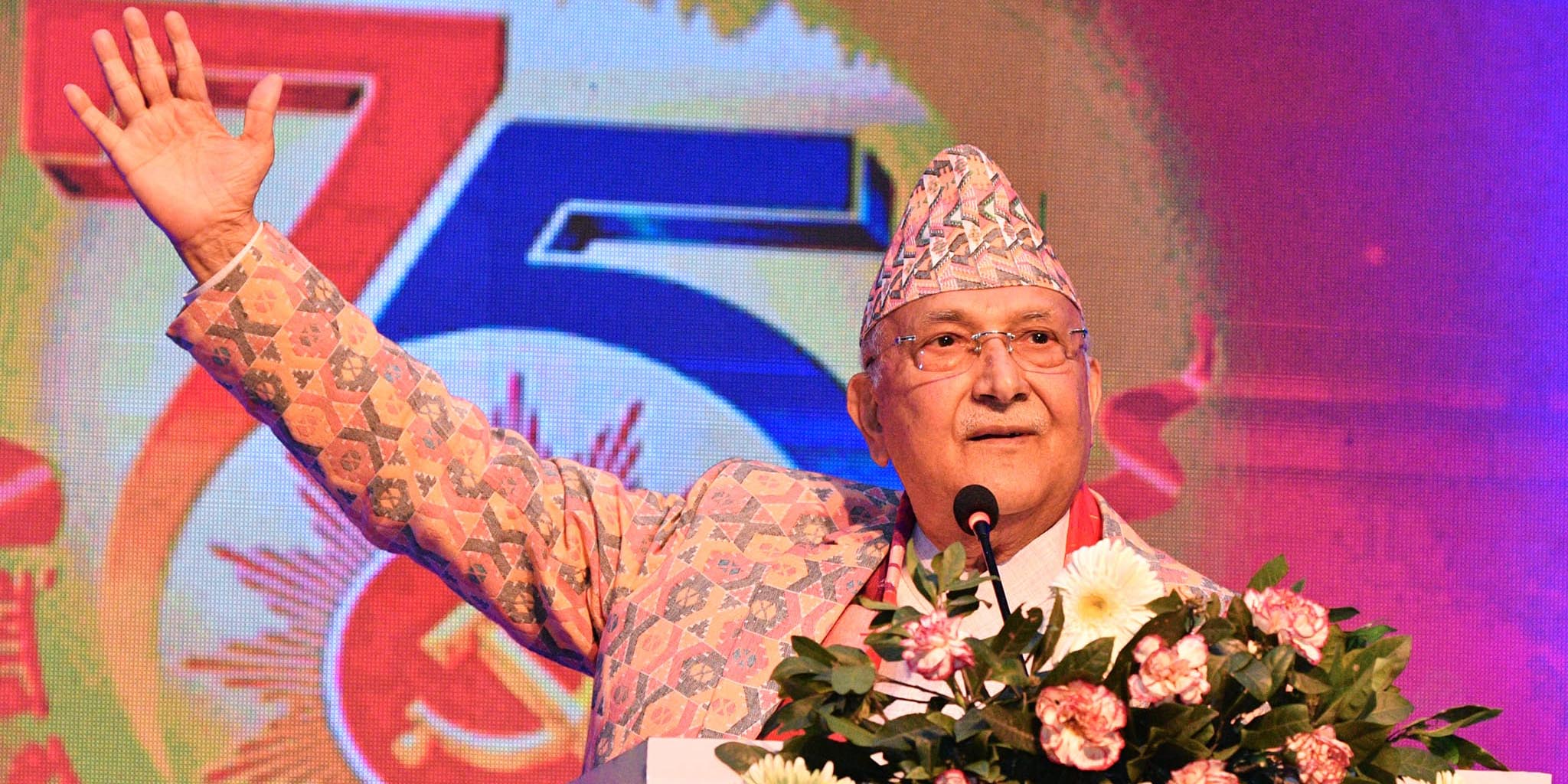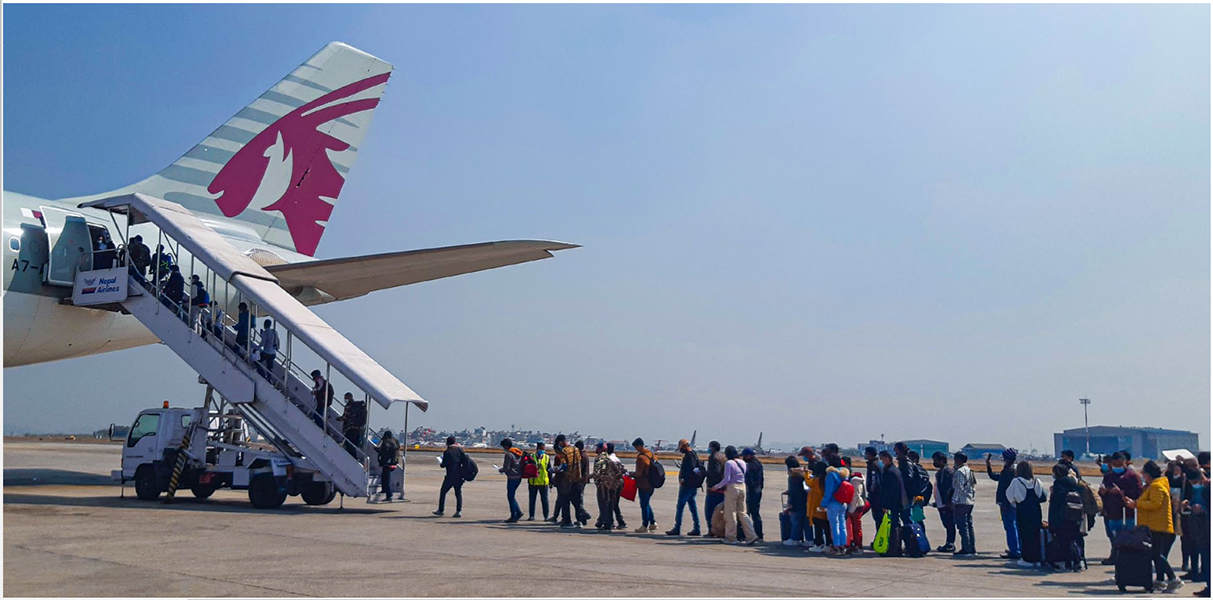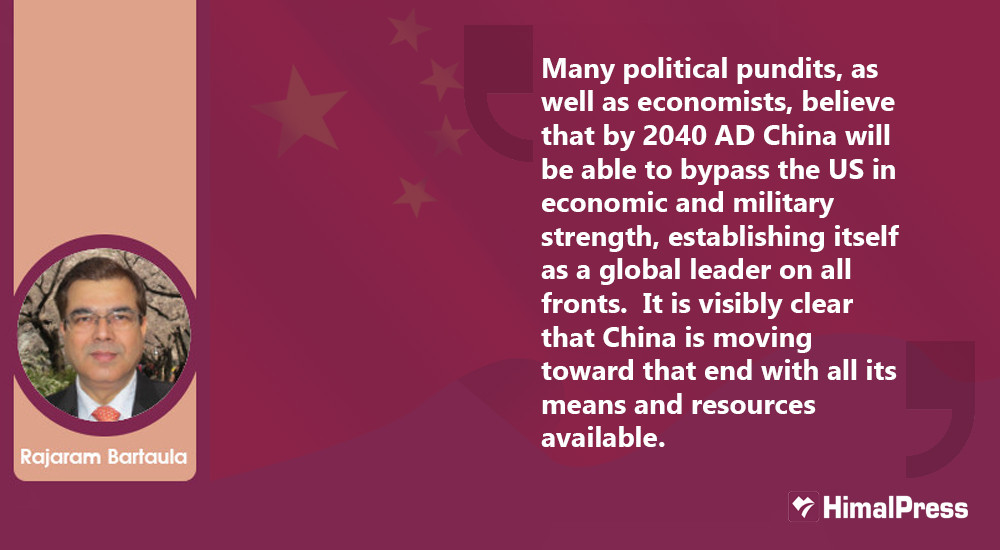
With the shift of geopolitical power towards the east after the fall of the socialist bloc led by the USSR and a brief period of unipolar world power led by the USA until the advent of the 21st century, the emergence of competing powers in the global arena has become a reality of the present world order. We are now seeing the power shift from west to east – the east being led by China. With the change in the power equation, the global political scenario along with the initiation of forming alliances and blocks are rapidly changing and taking shape.
China’s bid to occupy the vacant space left by the USSR is well on track with full potential given its economic, technical and scientific clout. Many political pundits, as well as economists, believe that by 2040 AD China will be able to bypass the US in economic and military strength, establishing itself as a global leader on all fronts. It is visibly clear that China is moving towards that end with all its means and resources available. To achieve this dream, China is mobilizing its international relations and diplomacy; initiating the Belt and Road Initiatives as its signature project.
From a historical perspective, in a certain period, when the country’s economic strength grows, inherently such a country, be that of republican or imperial, seeks to build up military capabilities adequate to defeat or deter a possible aggressor.
Understandably, China is in the process of building institutions as dictated by the evolving geo-political scenario and environments. To meet the international obligation, the emerging power tries to fit itself within the frame of global order maintaining and balancing power equilibrium.
The ‘One Belt One Road’, later renamed ‘Belt and Road Initiatives’, is a strategic counter-move of China to contain the United States from overstepping into its sphere of influence over the Pacific Rim.
China emerged as a new powerhouse of the East, challenging the presence of the United States for expanding its influence in the South China Sea and its surrounding areas to protect its economic and strategic interests. Since the Obama period, the United States has been giving primacy to consolidating its presence in the Asia Pacific region with its declared policy of ‘Asia Pivot’. Giving continuity to the policy, albeit in a different rhetoric, the Trump Administration emphasized the Indo-Pacific Strategy bringing India into its fold for strategic gains.
The ‘One Belt One Road’, later renamed ‘Belt and Road Initiatives’, is a strategic counter-move of China to contain the United States from overstepping into its sphere of influence over the Pacific Rim. China’s formation of the Shanghai Cooperation Organization, the establishment of the Infrastructure Bank and the declaration of China’s dream confidently maintains its lost glory and dignity in the global arena.
Ambitious China is also floating the ideas of the Global Development Initiative and Global Security Initiative announced by the Chinese President at the Boao Forum for Asia in September 2021 and April 2022, respectively, complementing its prior strategic initiatives.
In this scenario, South Asia is also becoming a focus of global power as competing forces, China and the US, put thrust on the strategic balance. Nepal, as an immediate neighbor, falls on China’s peripheral sphere of influence and, therefore, seeks support and partnership in its strategic initiatives, which is quite natural on China’s part.
As many as 14 countries – Afghanistan, Bhutan, DPR Korea, India, Kazakhstan, Kyrgyzstan, Laos, Mongolia, Myanmar, Nepal, Pakistan, Russia, Tajikistan, and Vietnam – share borders with China. As China claims sovereignty over the entire South China Sea, the territorial claims by Brunei, Indonesia, the Philippines, Taiwan and Vietnam have created disputes inviting the International Court of Justice. The most restless areas in the Himalayan frontier divided by the McMahon Line between India and China have caused disturbances time and again with the military confrontation as seen recently in Galvan Valley.
Nepal shares 1,440 km of its borders with China which is free of any dispute. As arranged by the bilateral agreement, the people living along the border line can travel 25 km inside China for trading without a passport by presenting a Nepalese domicile identity card.
Given its professed foreign policy, Nepal has opted for non-alignment, peaceful co-existence, UN Charter and international peace as the core principle of its conduct and therefore is obliged not to join any military alliance. In this context, Nepal has rightly set the balance between these two superpowers by approving the MCC grant and defying the SPP wisely, which has a military component. Nepal, citing its policy of non-alignment, has so far refused to join any military alliance of any powerful country or block.
But Nepali President’s participation in an event named ‘Acting on the Global Security Initiative to Maintain World Peace and Stability’, which may have a strategic component, in September has sent a signal casting doubt on whether Nepal deviated from its long-pursued foreign policy ideals. Nepal should have seriously taken into consideration the repercussions and effects before participating in such events. The event was organized by the Chinese People’s Association of Peace 2022 under the patronage of the International Department of the Communist Party of China (CPC) Central Committee.
While abstaining from or participating in any security alliance, Nepal, without any hesitation, needs to support any development initiative forwarded by neighbors or development partners it if is beneficial to it.
Nepal has not joined the China-led GSI despite Beijing’s request to support it. In the absence of relevant literature on the China-led Global Security Initiative and the Global Development Initiative, Nepal is still to comprehend the concept, its purpose, political and security dimensions as well as possible ramifications it holds and, therefore, is yet to react to the propagated ideas and program.
Any such proposal, which has a strategic and military component with multiple scopes of cooperation should be carefully evaluated and examined. Further, Nepal’s foreign policy tenets must be taken into consideration as a basis for its acceptance or rejection to avoid any further aberration. Efforts should be made to ensure that Nepal is not involved in any geo-political rivalry and competition. While abstaining from or participating in any security alliance, Nepal, without any hesitation, needs to support any development initiative forwarded by neighbors or development partners beneficial to Nepal. From this perspective, Nepal has to support the Global Development Initiative of China if it meets its national interest. Our priorities should be to participate in development initiatives, but not in any security and military alliance which goes against our professed foreign policy.
In the conduct of foreign policy, such hitches come but should be handled with care and managed in a timely and prudent manner. The most important thing is to not deviate from the specific guidelines as stipulated in the Constitution of Nepal.




